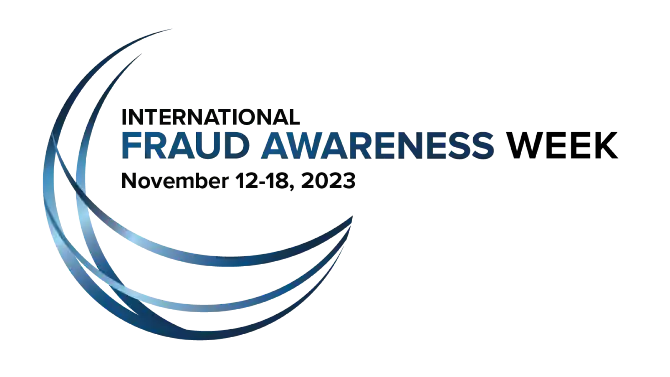
Protecting the perimeter: The rise of external fraud
PwC’s Global Economic Crime and Fraud Survey 2022

The whole world is currently facing a polycrisis – companies are still observing the impact of the covid pandemic as well as the impact of geopolitical tensions, climate change, and challenges in energy and raw material supply. These factors collectively erode the resilience of economies and companies. Economic crises notably increase fraud risks. The ongoing polycrisis creates an environment conducive to fraudulent activities, originating from both external and internal perpetrators. In response, companies are compelled to reevaluate their strategies for combating corporate fraud, a complex and multifaceted challenge.
Our global survey on economic crime provides an important fact: 46 percent of companies globally have encountered economic crime in the past two years.
Covering a spectrum from money laundering and financial sanctions to crypto and digital fraud, our Forensic Services experts are supporting companies to combat all types of economic crime. As part of the International Fraud Awareness Week organized by the Association of Certified Fraud Examiners, our objective is to increase awareness regarding various fraud risks your company may face. Below, we have outlined a range of fraud scenarios worth your attention. For more details on our service offering, please visit our website and explore the provided links.
During the International Fraud Awareness Week, anti-fraud professionals from various industries share their industry insights with business leaders and the wider business community. At PwC Germany, we support the global attention given to this matter and encourage you to explore this page for insights on how to safeguard your business from fraudulent activities and ensure an effective response to economic crime.

PwC’s method-driven Forensic Investigation Simulation Tool is an interactive software application that equips companies with practical skills required for conducting internal investigations. Through its real-life scenarios and diverse challenges, this tool provides a comprehensive and immersive learning experience.
Put investigative methods into action by collecting evidence, analyzing data, and making informed decisions using a structured, step-by-step approach. Utilize interactive datasets, financial information, documents, and analysis tools to build practical skills in applying investigative methods that align with your individual needs and industry standards.

PwC’s Global Economic Crime and Fraud Survey 2022

PwC’s Global Economic Crime and Fraud Survey 2022 – the second snapshot

Greenwashing is a fine line between prettifying and misleading – protect your reputation and maintain customer confidence!

We help you prepare for, respond to, and emerge stronger from unplanned events.
